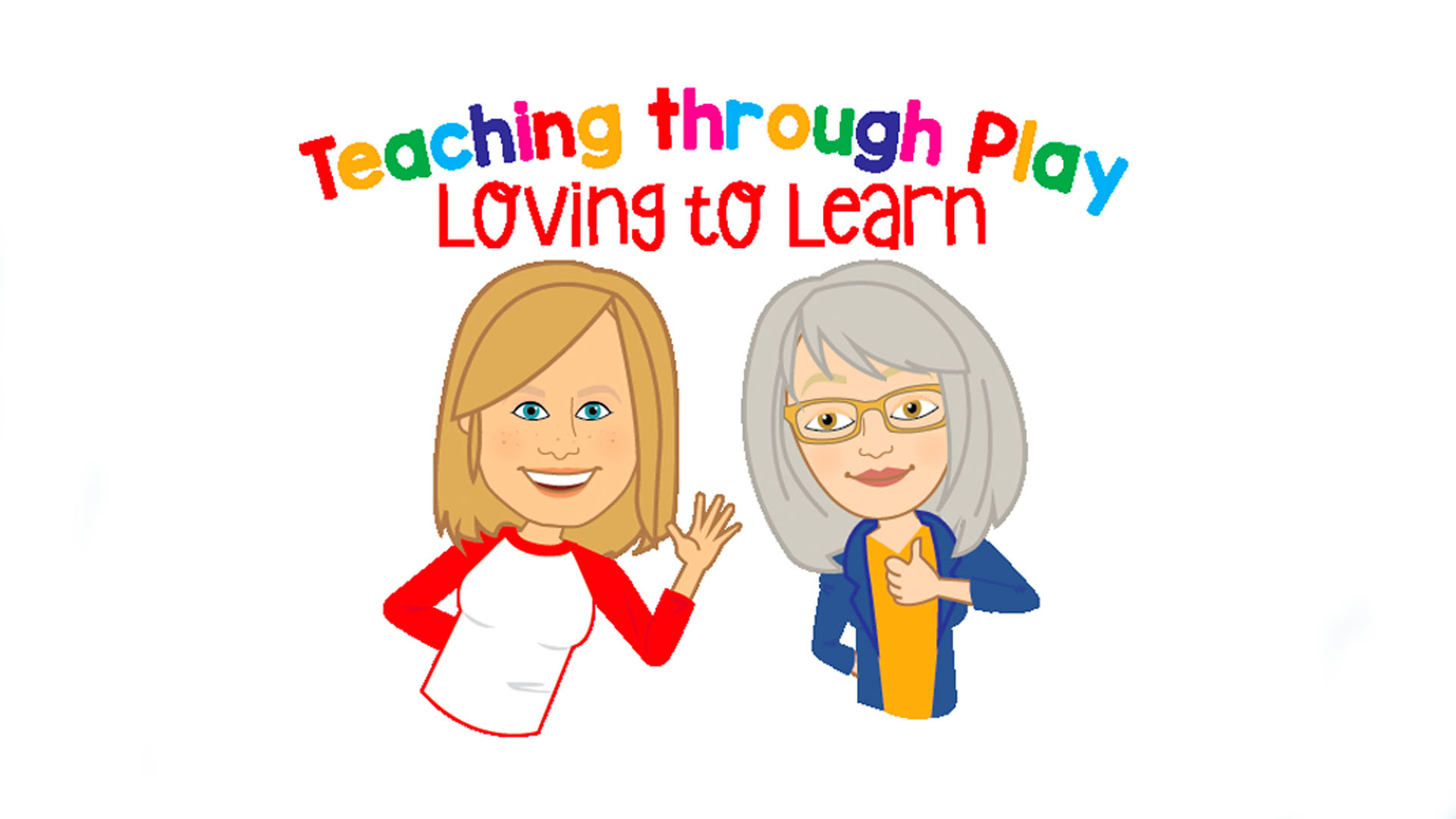“Play is the highest form of research”
– Albert Einstein
It happened in a second grade reading class: One young boy we both knew had struggled for three years with academic and social emotional aspects of school. It was hard for him and hard for his teachers. He did what his seven year-old self could do to survive the pain. He hid behind the chair. He stayed in the small group, but remained silent.
On a whim, I placed a book in the seat of the chair, joined his world, and read with the chair. His imagination soared, and through that he became a person in charge of who he wanted to be. He pretended to be the chair, he began to participate, and we played “the reading chair” game for days.
We believe in play. We’ve seen it work wonders. As the United States pushes for standardized testing so our students can compete with their global peers, we have seen big changes in the education system. No longer is kindergarten used for socialization and developing motor skills. The focus now is to read by the middle of kindergarten.
Current brain research questions those practices that don’t align with the development of children. Developmentally-appropriate practices have a history of honoring the learner. Those time-honored practices deserve to be revisited and reinterpreted in the lens of our current reality.
Additionally, this is an unprecedented year in our schools. Virtual, in-person, and hybrid education have fundamentally changed what great teaching is. It has given teachers and students less space and time to be deeply engaged with learning, much less with play. How do we preserve and protect the joy and wonder that is childhood? What environments can we create that honor the joy of discovery and social-emotional camaraderie that should exist for our children and teachers?
Our belief, backed up by the research we have seen, supports play-based learning as the method and philosophy to give our children the best childhood and the best education.
We are two teachers both named Carol who grew up in the same county, went to the same high school, and worked in the same elementary school. We have a passion for play-based learning. Our shared education in that small Indiana community forged essential beliefs for the both of us regarding the nature of childhood and learning.
To quote John Mellencamp, in his song “Small Town:”
“No, I cannot forget where it is that I come from
I cannot forget the people who love me
Yeah, I can be myself here in this small town
And people let me be just what I want to be.”
We believe the years we spent playing and learning created who we are today. As teachers and mothers, we are passionate that this is the childhood learning experience that creates self-actualization. As lifelong learners, we have found evidence that standards-based education can also be play-based education. We have taken our passion and researched the need for child-centered, play-based learning and are excited to share our discoveries with others.
We believe in play. We invite you into our studies and our practices. Come play with us! Look for our upcoming OnDemand video series here on Keep Indiana Learning. Check out our videos below for a taste of what is to come!
Resources
Please login or register to claim PGPs.
Alternatively, you may use the PGP Request Form if you prefer to not register an account.



